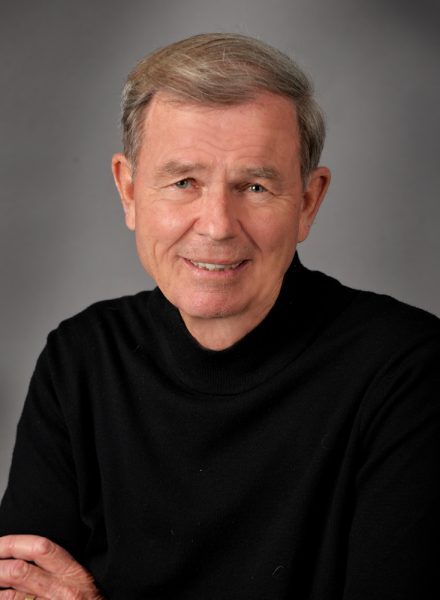Choices, Time, and Consequences

Life is a wondrous experiment in free agency. After the fun, the hard reality is our choices have consequences. Quick consequences are quick teachers—like the proverbial hand on hot stove. Learning is harder when consequences are delayed. Now, wisdom is required.
A classic example is the 20th century rise and fall of cigarette smoking. The habit became almost universal among soldiers in World War I. By World War II, women had followed, all reinforced by clever advertising campaigns. Hollywood played a role with product placement. Remember Bette Davis in the two-cigarette lighting scene at the Victor Hugo Inn (now Las Brisas) in “Now, Voyager”? Tragically, the health consequence of smoking took decades to appear.
It’s what I call the three-generation rule of slow-to-appear consequences. The first generation develops the habit, the second slowly realizes the consequences, and the third learns to act differently. Here’s a less-known example: In 1900, stomach cancer was by far the leading cause of death by cancer. Today it’s uncommon. It’s the one war on cancer we actually won but no one knows about it, or how we won. There were two events that likely made the difference: The Food and Drug Administration was founded in 1906 and began to limit toxic food additives, especially preservatives. Then General Electric introduced a popular home refrigerator in 1927. People began to eat fresher and healthier food as stomach cancer faded away.
Here’s another little-known example. The sexual revolution of the ‘60s and ‘70s resulted in a loosening of morals among young people that has continued to this day. Right? Wrong! The CDC does a biennial survey called the Youth Risk Behavior Surveillance System that studies things like what age sexual activity begins, number of sex partners, etc. Other sources report on teen pregnancy. The little-published result is that since the peak in 1989, kids have year-by-year steadily gotten better. “Better” meaning teens embracing traditional moral values. Kids quietly getting better for 30 years—who knew?
Shifting gears, this is actually a column on the joy of quick outcomes. Learning from slow-to-appear outcomes requires wisdom. But we’re in the season of March Madness, about as quick and democratic and joyful as life gets. In three weekends, we learn which of 68 college basketball teams is best in a one-game test. Colleges pick coaches, coaches pick teams and strategies, teams play for a season, then they come together for a free-for-all.
Everyone loved the Saint Peter’s Peacocks—a Jesuit college the size of a high school beating mighty Kentucky! They had a run to remember, the first No. 15 seed to reach the Elite Eight. But you have to love Duke’s “Coach K.” He’s trying to follow UCLA’s John Wooden by finishing a fabled career with a Final Four win. Coach Mike Krzyzewski says his family has always been more important than basketball. For that alone, let’s hope he wins. There’s meaning in that.
Skip fell in love with Laguna on a ‘50s surfing trip. He’s a student of Laguna history and the author of “Loving Laguna: A Local’s Guide to Laguna Beach”. Email: [email protected]




